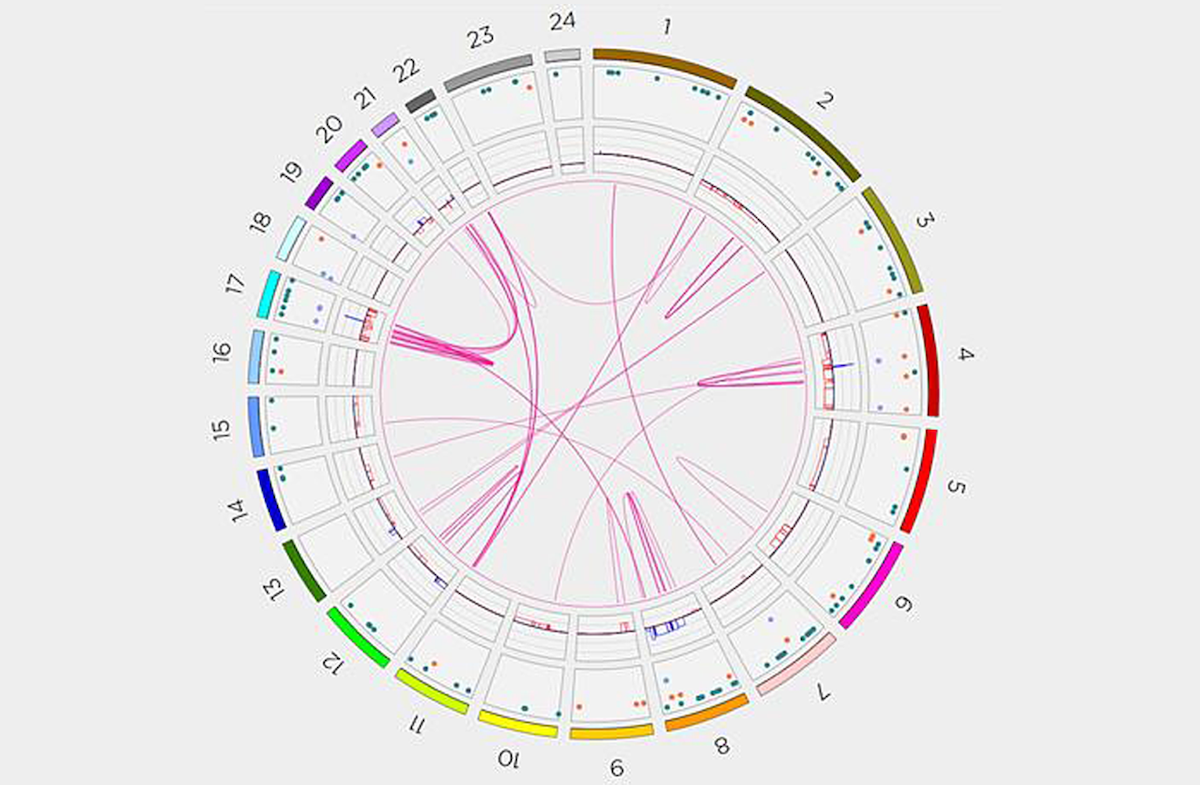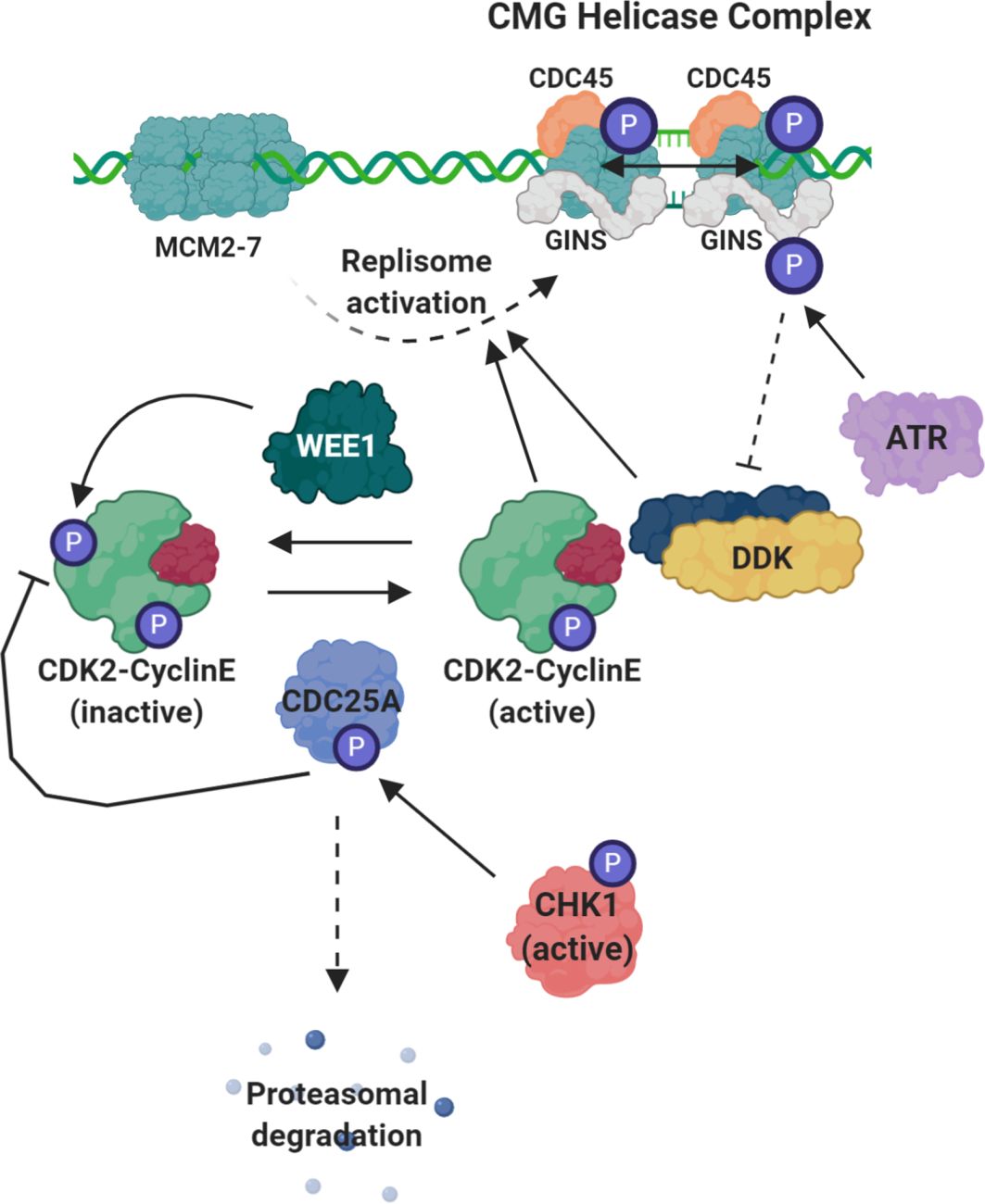Exploring the genetic and environmental determinants of cancer
The Ohm Laboratory is actively investigating how both genetic and environmental determinants may reprogram the epigenome and contribute to tumor initiation and progression.
My research lab regularly performs –omics level molecular analysis of normal, pre-malignant, and malignant cell populations including RNA-sequencing, ChIP-sequencing, and global methylation analysis, all of which are key elements of my ongoing research.
Our long-term goals are to identify novel therapeutic strategies for the treatment of aggressive human cancers based on their molecular profiling.
STAG2 modulates environmental toxicant exposures and epigenomic heterogeneity
Environmental toxicant exposures play a key role in the regulation of the epigenome, but the mechanisms remain unclear. We hypothesize that toxicant-induced replication stress, paired with defective repair due to STAG2 loss, drives pre-malignant cell evolution and creates a permissive epigenome for transformation.
We’re seeking to understand the molecular mechanisms by which 2,3,7,8-tetrachlorodibenzo-p-dioxin (TCDD), alone or in combination with 2,4-dichlorophenoxyacetic acid (2,4- D) and 2,4,5-trichlorophenoxyacetic acid (2,4,5-T) affect the replication stress response (RSR) and contribute to genetic and epigenetic heterogeneity in these tumors.
Spotlight: Novel therapeutics for Ewing sarcoma
Ewing sarcoma is an aggressive pediatric cancer for which chemotherapy is very intense and often results in acute toxicities. There is an urgent need for the identification of novel therapeutic strategies.
Working closely with pediatric oncologist Ajay Gupta, MD, MS, we’ve shown that the combined inhibition of CDC7 kinase (DDK) and WEE1 kinase forces high levels of mitotic errors and synergistic cell death, specifically in Ewing sarcoma cells. This combination has the potential to provide a highly efficacious and minimally toxic treatment strategy.
Novel 7SK non-coding RNA fusions in soft tissue sarcomas to tumorigenesis
Funded by:
R03 grant from the National Cancer Institute, with co-PI Scott Olejniczak, PhD
Soft tissue sarcomas (STS) are rare tumors of mesenchymal origin that are often characterized by diagnostic fusion oncoproteins corresponding with tumor subtype.
We have recently shown that some STS also have high levels of ncRNA fusions, and that within these tumors, ncRNA fusions are linked to disruption of transcriptional networks associated with transcriptional regulation, splicing, and protein processing, known functions of WT 7SK and its fusion partners.
This funding is allowing us to gather additional preliminary data to further understand the biology of these ncRNA fusions, their prevalence in both cancer and normal cells, and how they may be contributing to disease progression.
Environmental toxins and stem cell epigenetic remodeling
A role for environmental toxins in tumor initiation has long been suggested and continues to be an area of particular interest for cancer researchers, as populations with increased exposure to pesticides, herbicides, fungicides, and heavy metals have been shown to have increased cancer incidence.
We’re studying the role of exposure to environmental toxins in the induction of abnormal epigenetic drift and disruption of stem cell pluripotency and investigating a potential role for these toxins in tumor etiology.
Connect with the Ohm Lab
Department of Cancer Genetics and Genomics
Roswell Park Comprehensive Cancer Center
Elm and Carlton Streets
Buffalo, NY 14263

